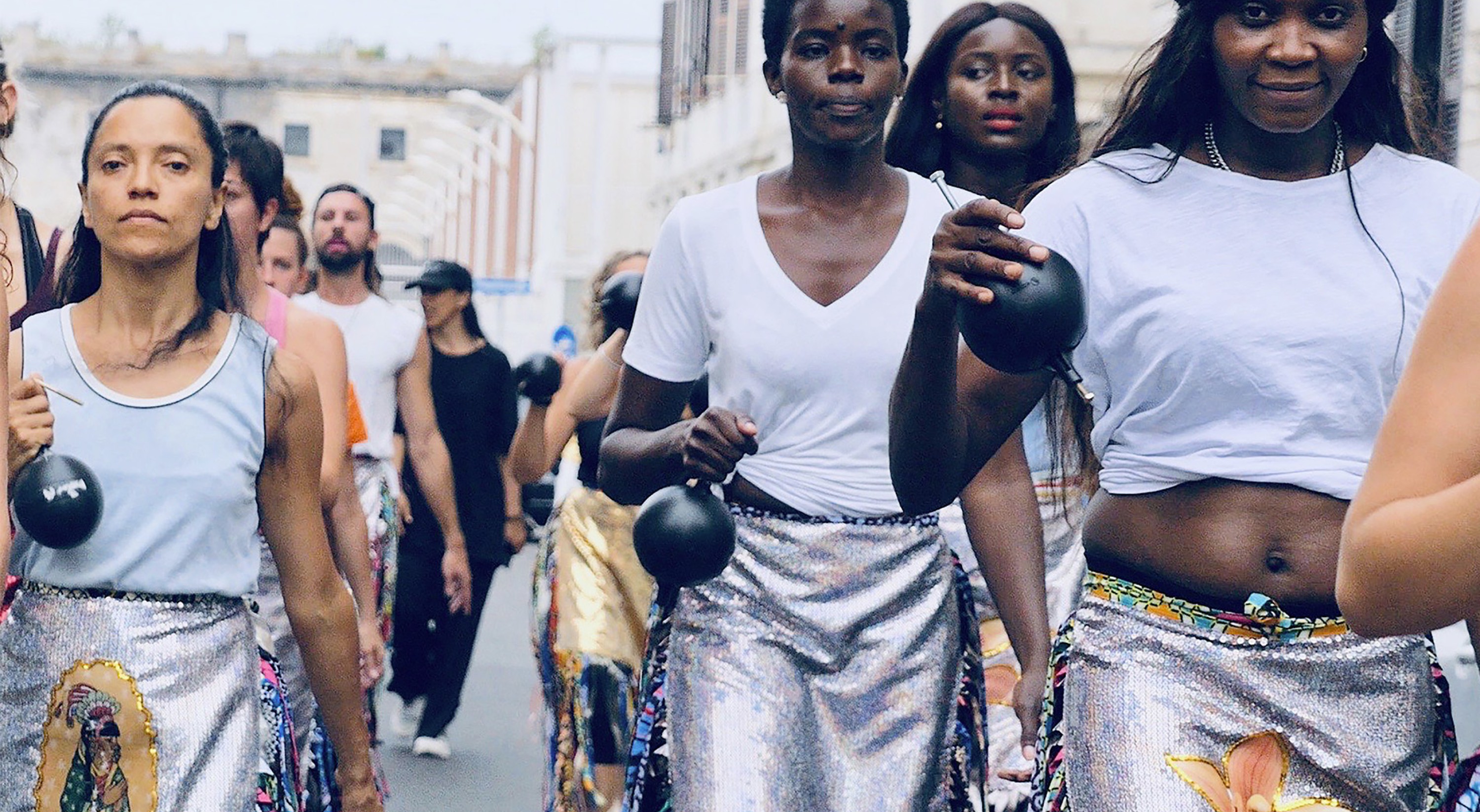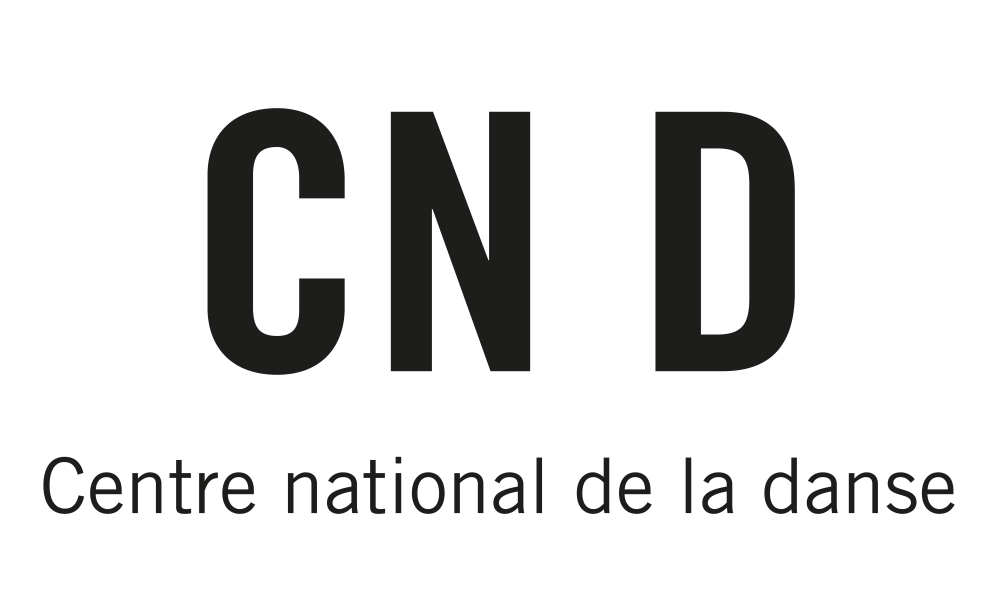Amanda Piña
Frontera / Procesión – Un Ritual de Água
septembersept 18
septembersept 25
Artistic and choreography director, Amanda Piña
Performance, Valentina Wong, Dafne del Carmen Moreno, Quetzally Soto, Rodrigo de la Torre Coronado, Matilde Amigo, Mariê Mazer, Jorge Luis Cruz Carrera, Rocio Marano, Salvador Rodriguez Guerra
Artistic conception, Michel Jimenez
Choreography and coaching dance de Matamoros, Rodrigo de la Torre Coronado
Music, Christian Müller
Percussions, Juan Luiz Cruz Carrera, Salvador Rodriguez Guerra
Research, Juan Carlos Palma Velasco, Amanda Piña
QLab Operator, Michel Jimenez
Research, theory, dramaturgy, Nicole Haitzinger
Costumes, La mata del veinte, Julia Trybula, Colored by Sartoria Soziale
Administration, Angela Vadori / Smart
Advice, Marie-Christine Barrata Dragono
Produced by nadaproductions
International distribution and management, Something Great / Katharina Wallisch
Île-de-France tour produced by the Festival d’Automne à Paris
Co-produced by Kunstenfestivaldesarts (Brussels); Museum of Contemporary Art Kiasma (Helsinki); asphalt Festivals (Düsseldorf)
Co-directed by La Briqueterie – CDCN du Val-de-Marne (Vitry-sur-Seine); Théâtre Jean Vilar (Vitry-sur-Seine); Festival d’Automne à Paris for the procession in Vitry-sur-Seine
Co-directed by CND Centre national de la danse (Pantin); MC93 - maison de la culture de Seine-Saint-Denis (Bobigny); Festival d’Automne à Paris for the procession in Pantin
La Briqueterie – CDCN du Val-de-Marne (Vitry-sur-Seine); MAC VAL – musée d’Art contemporain du Val-de-Marne; Théâtre Jean Vilar (Vitry-sur-Seine); CND Centre national de la danse (Pantin); la MC93 – maison de la culture de Seine-Saint-Denis (Bobigny); and Festival d’Automne à Paris co-directed this show.
With support from MAC VAL – musée d’Art contemporain du Val-de-Marne for the procession in Vitry-sur-Seine
With support from the City of Vienna, the Ministry of Foreign Affairs of Mexico, the Embassy of Mexico in Vienna, the National School of Folkloric Dance of Mexico, and the INBA – National Institute of Fine arts of Mexico
Within the Festival FORMES OLYMPIQUES
The decolonisation of the arts and culture is the ambition of a far-reaching, pluridisciplinary project entitled Endangered Human Movements. Initiated in 2014, it has been exploring human movements since that time. Frontera/ Procesión – Un ritual del Agua constitutes the fourth instalment in this research process.
Amanda Piña’s latest piece delves deep into the roots of the conquest and colonisation of the Americas. It also looks at contemporary forms of violence and domination, for example in the north of Mexico, in Matamoros, a city on the border with the USA which is home to numerous factories relying on cheap labour, and rampant drug trafficking. At the crossroads between anthropology, history, philosophy, the visual arts and dance, she combines colonial past, indigenous practices and hip-hop culture as a means of exploring the possibilities of a choreography of frontiers. By associating her work with women who are at risk or who find themselves in distressing situations, the choreographer invents a contemporary “water ritual”, and conjures up new forms of solidarity. Together, they create a collective impulse aimed at decolonising the arts, and also the body.

